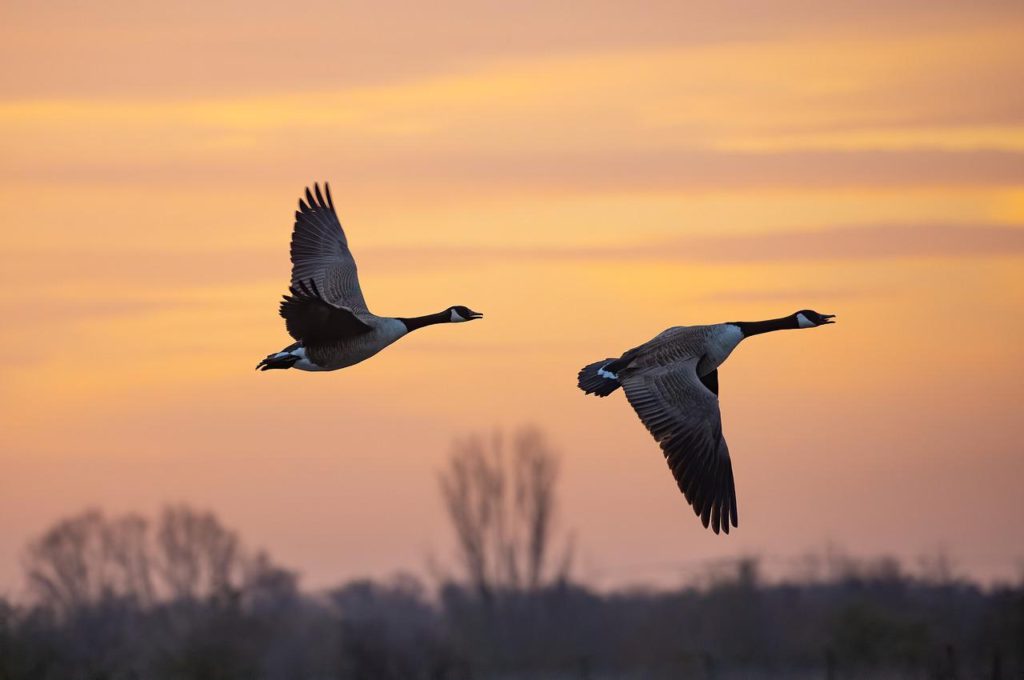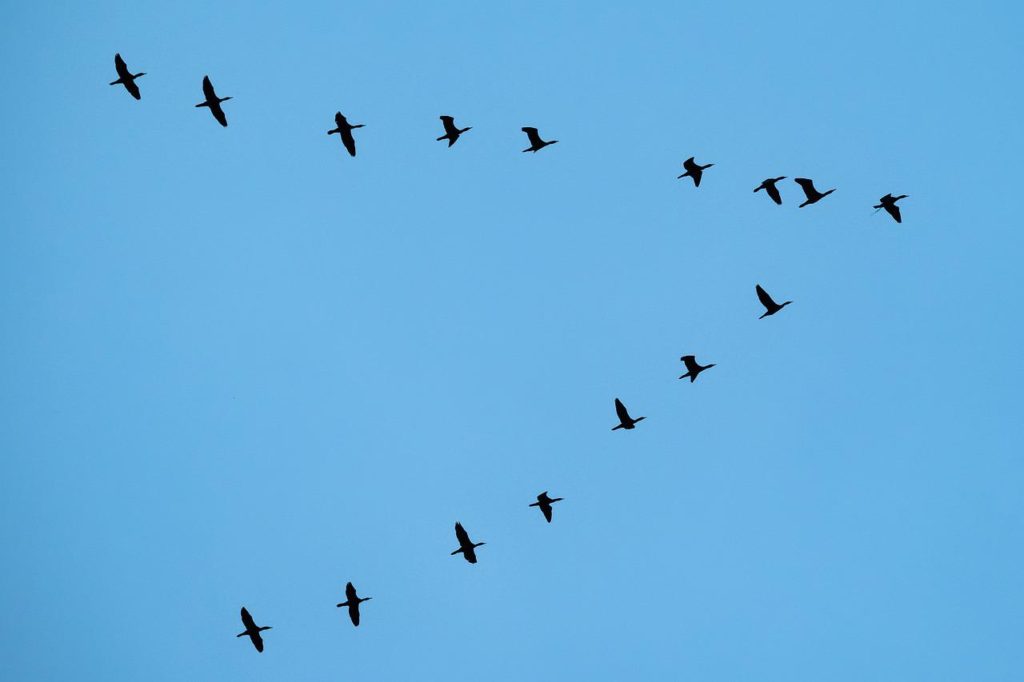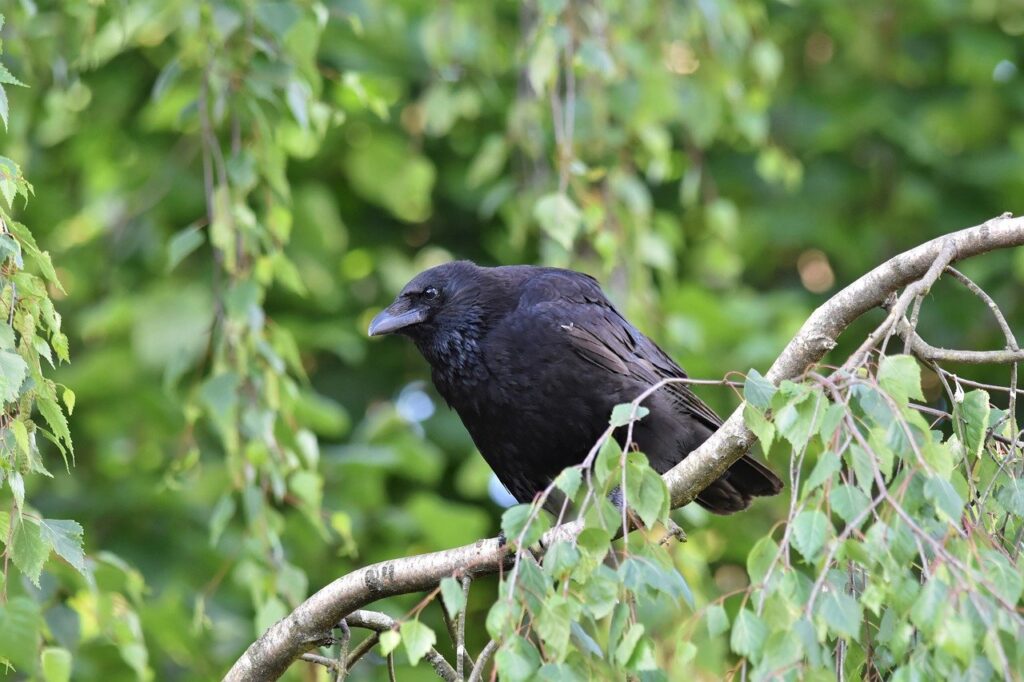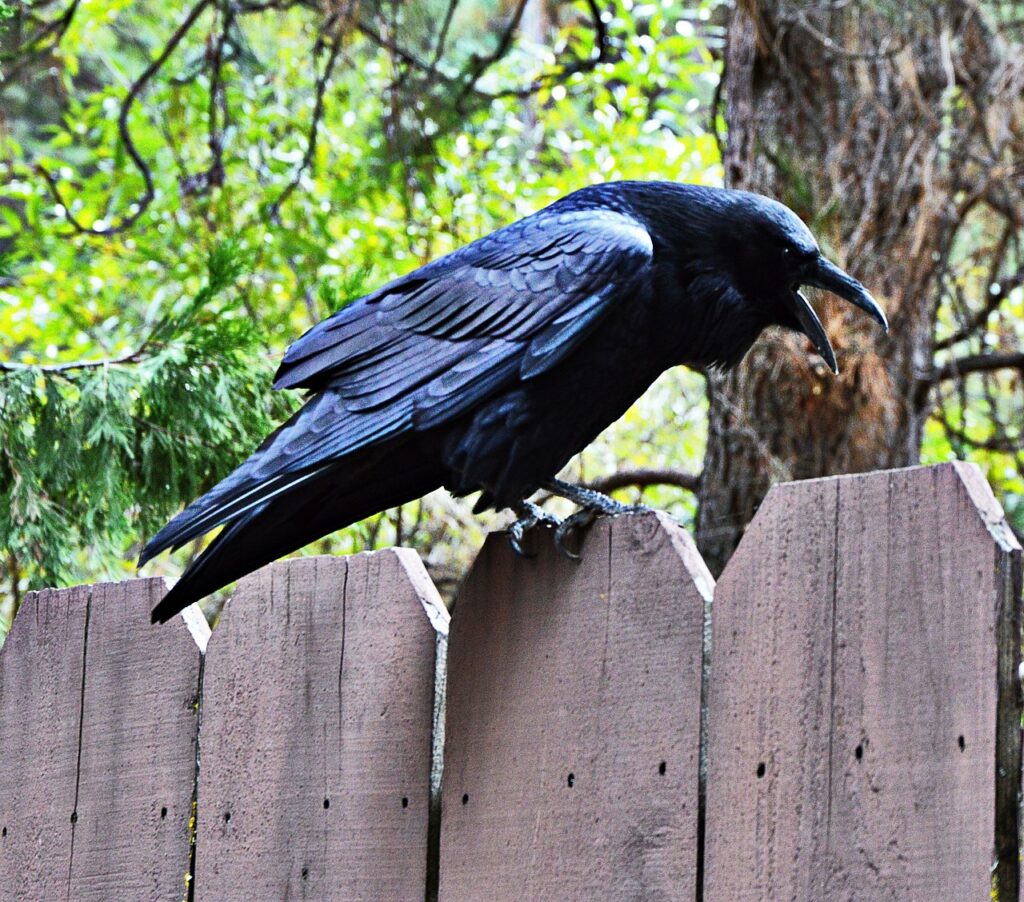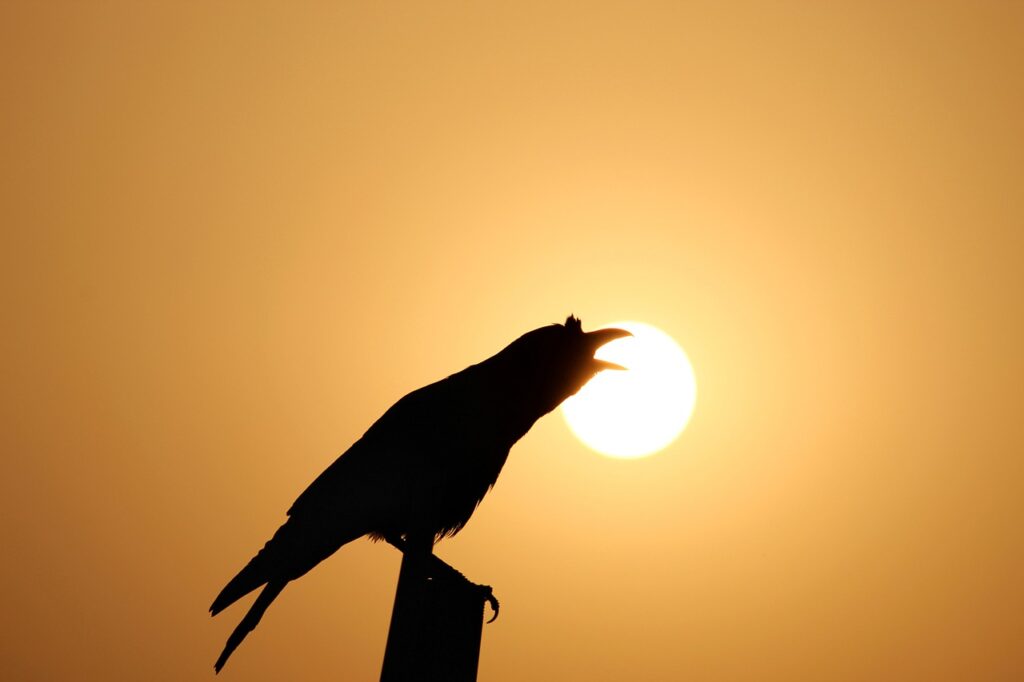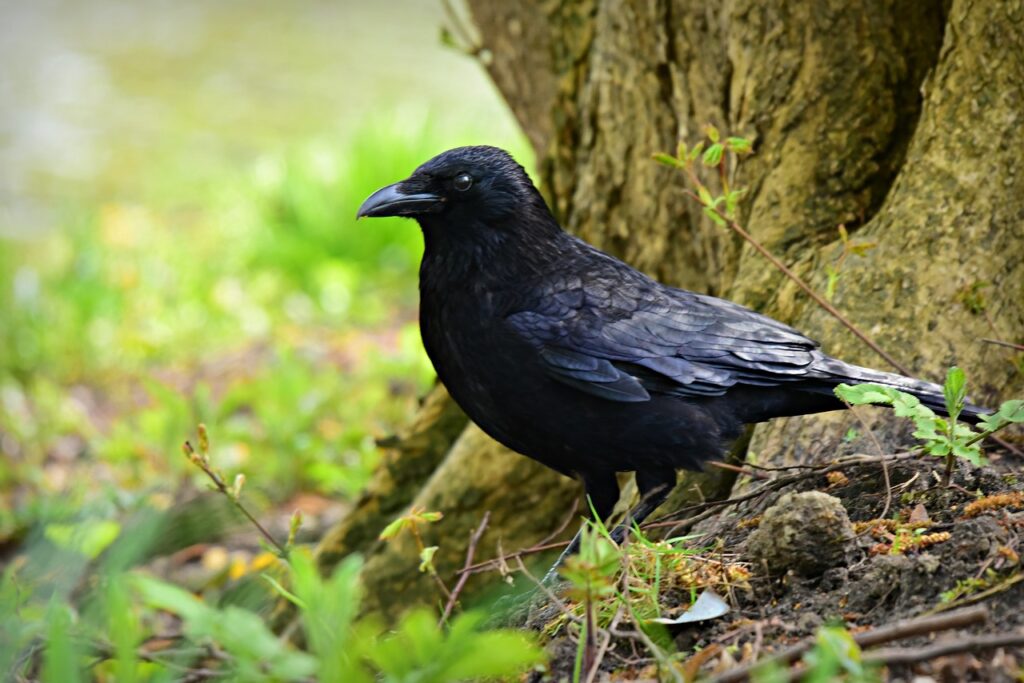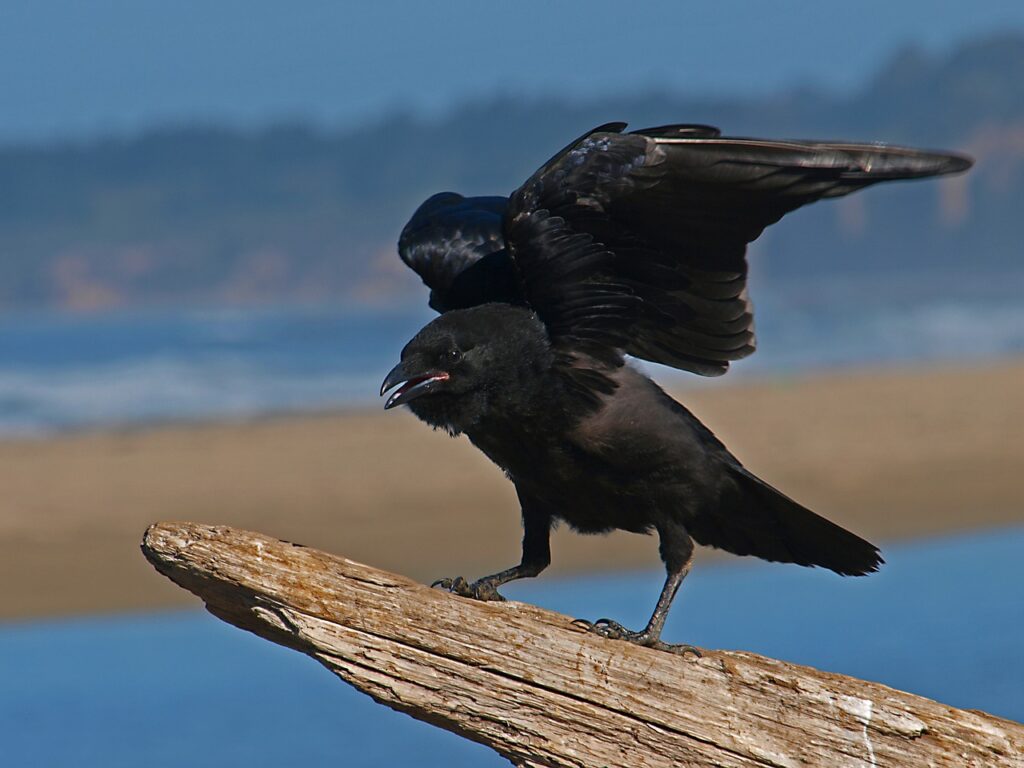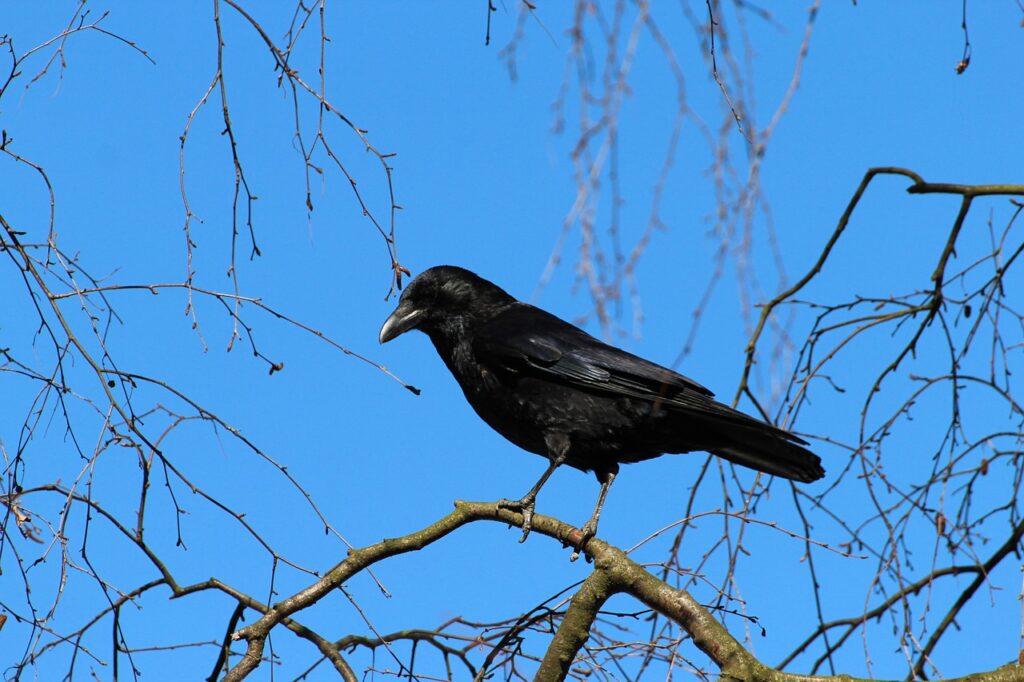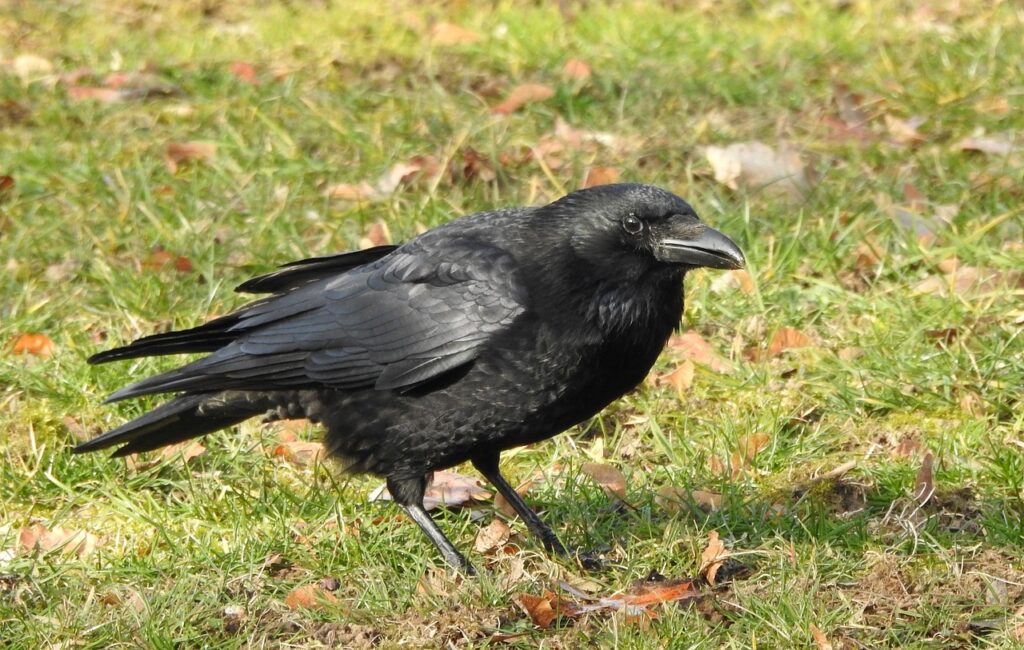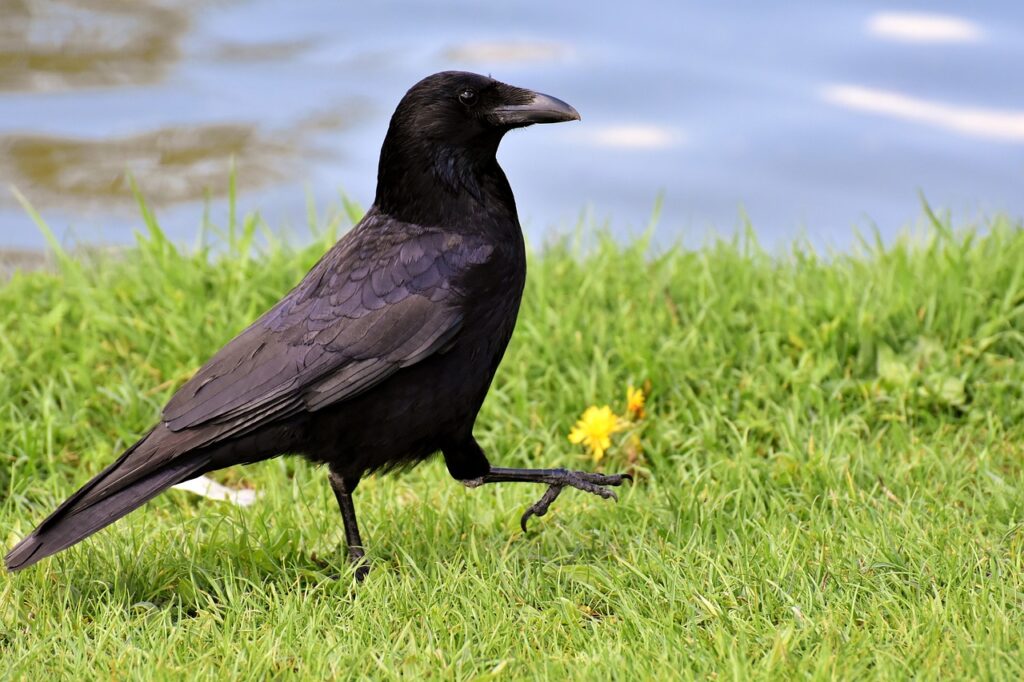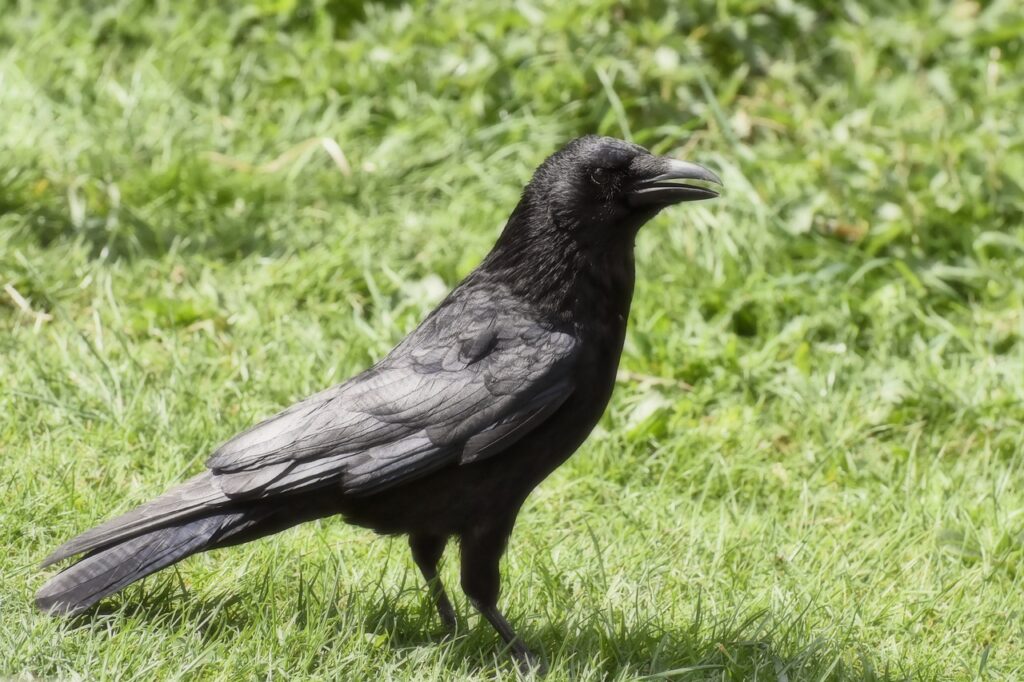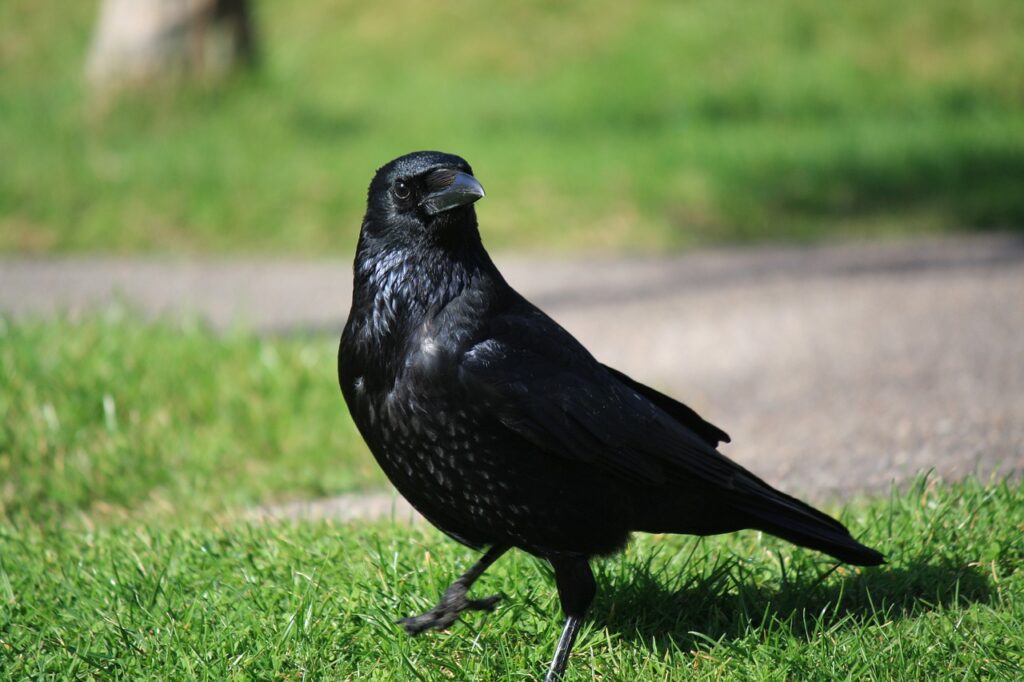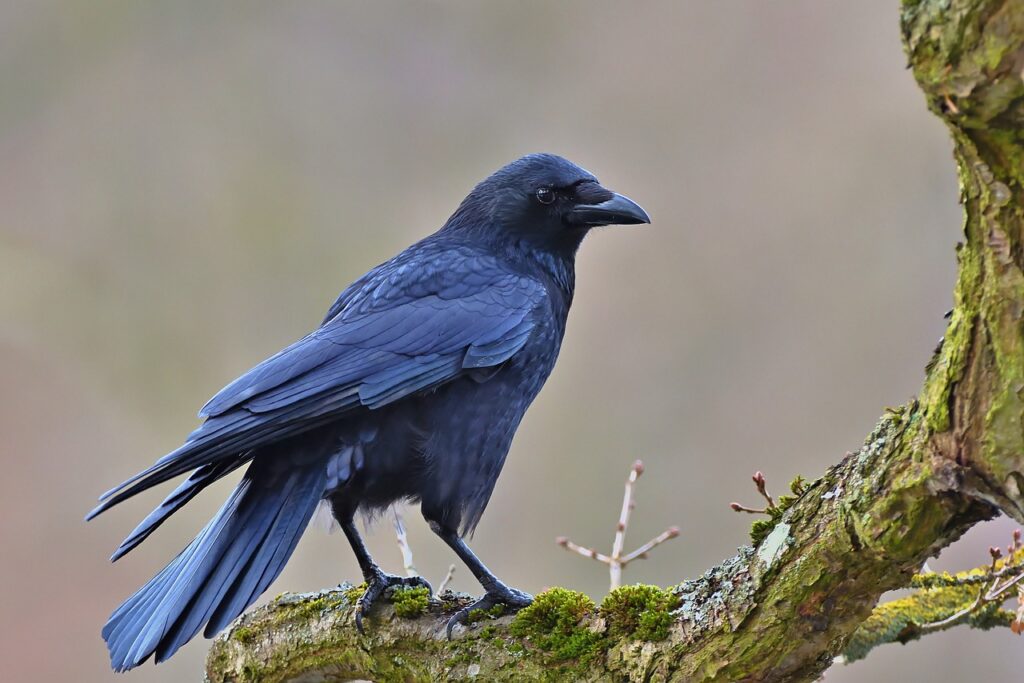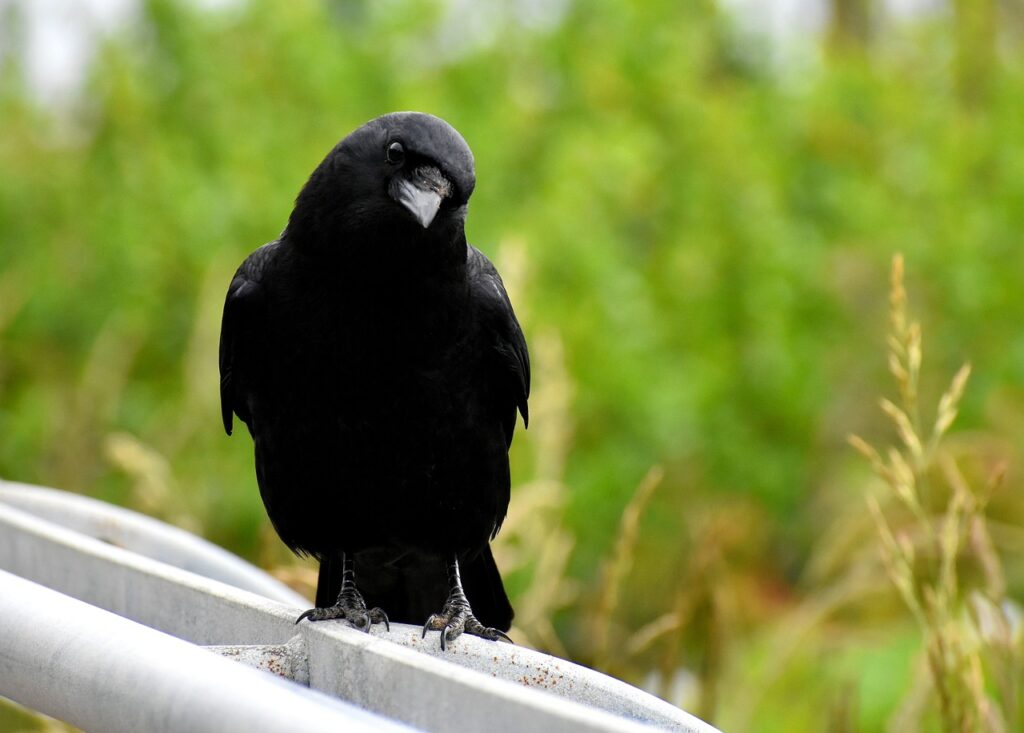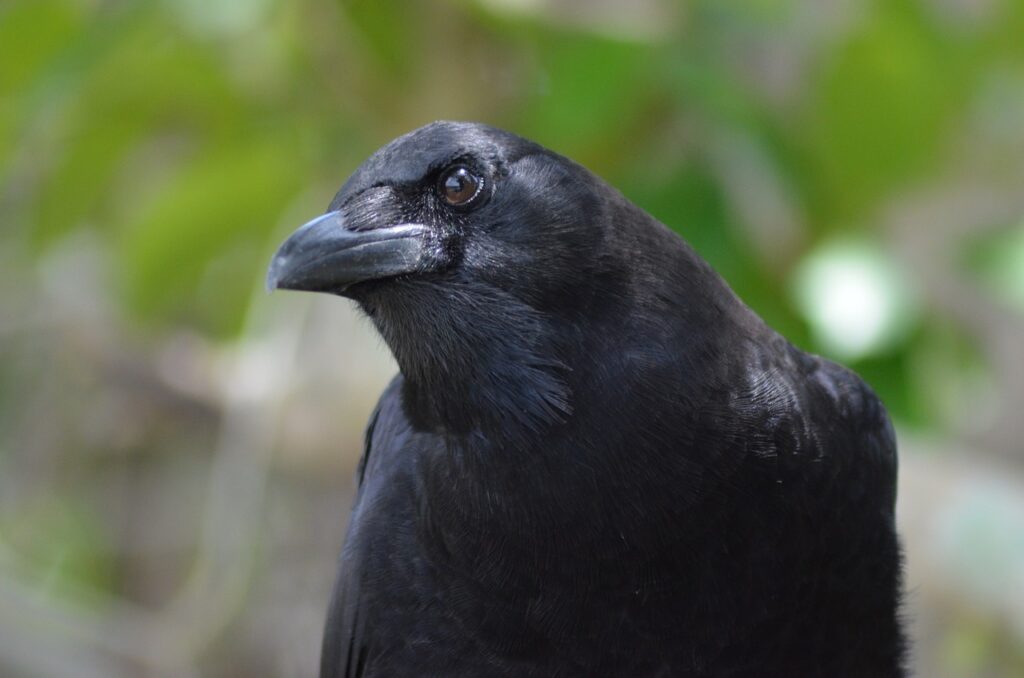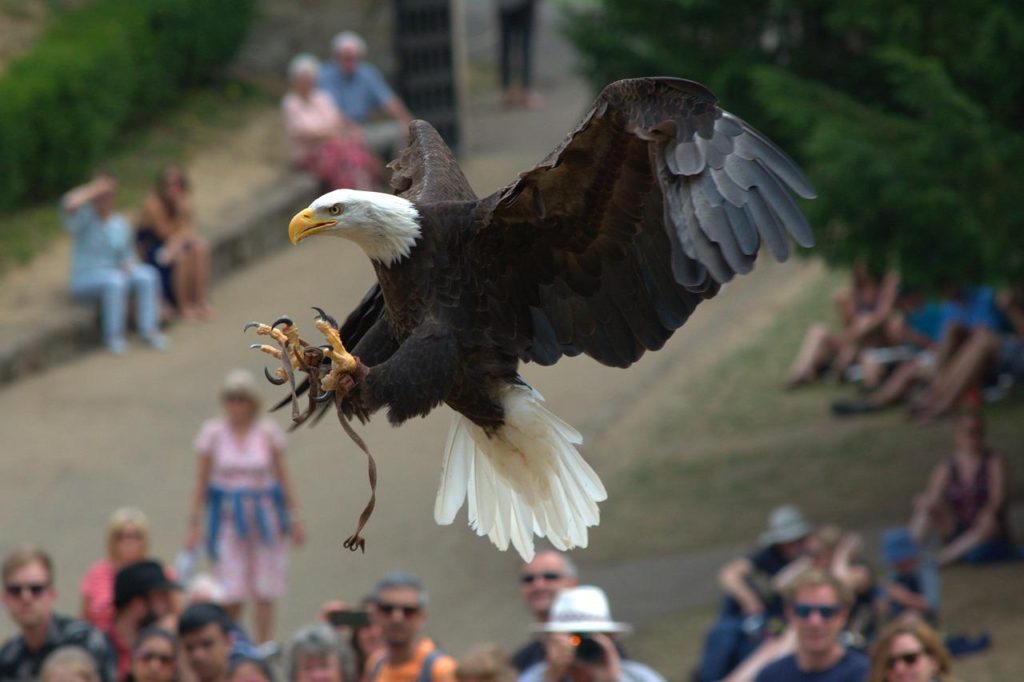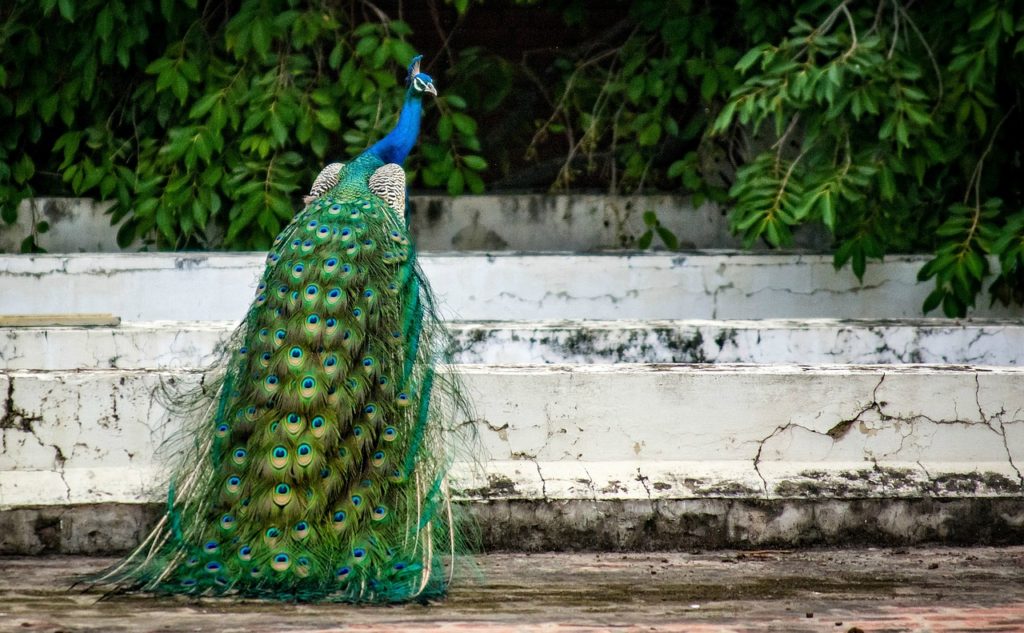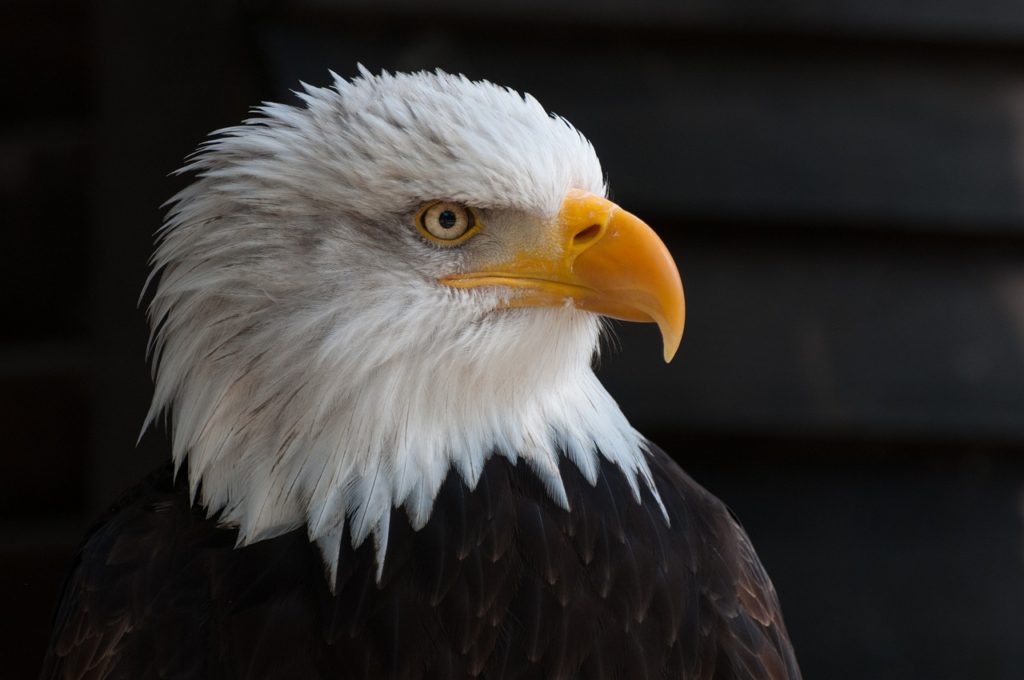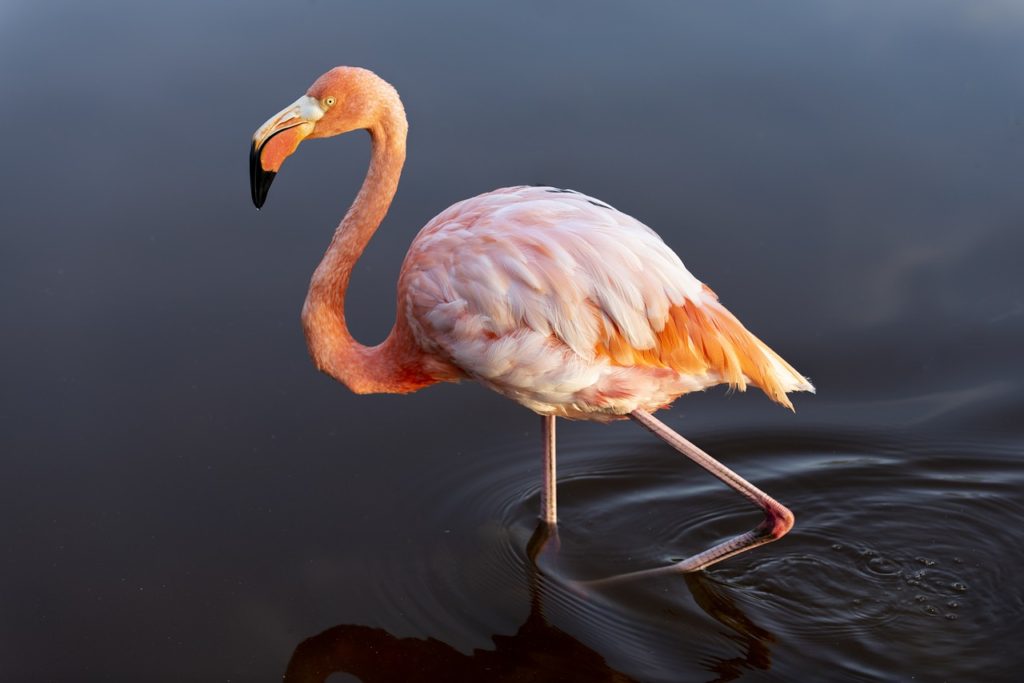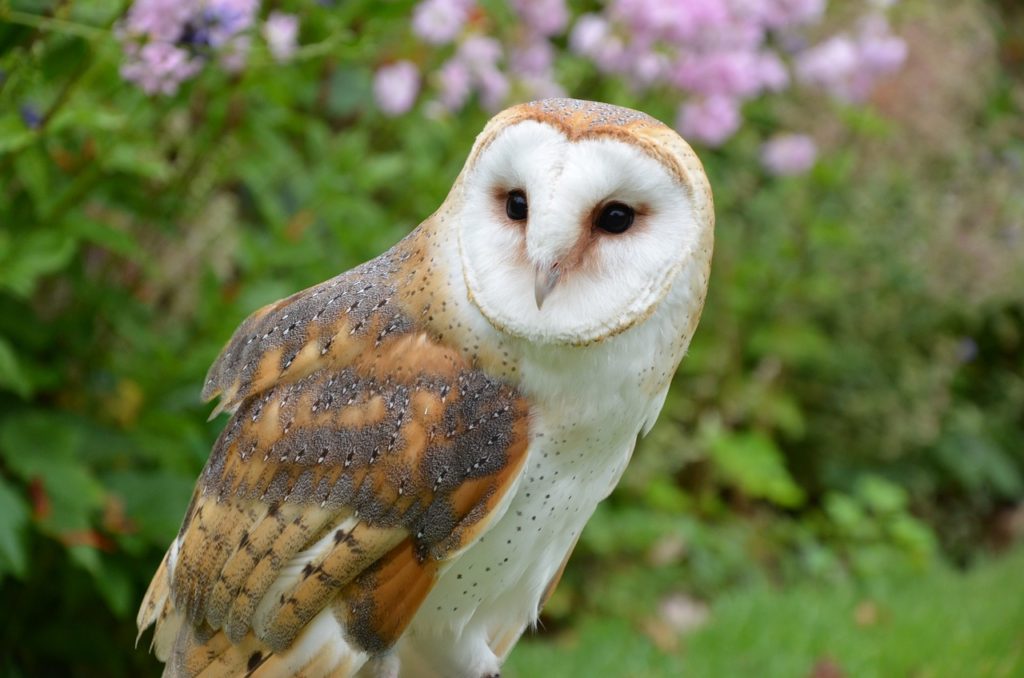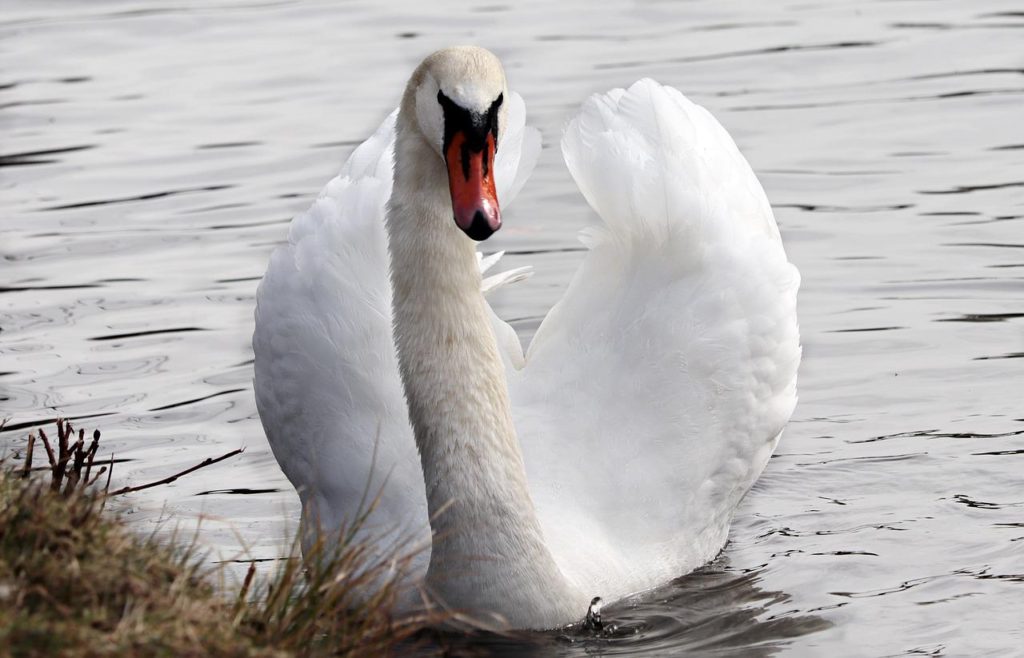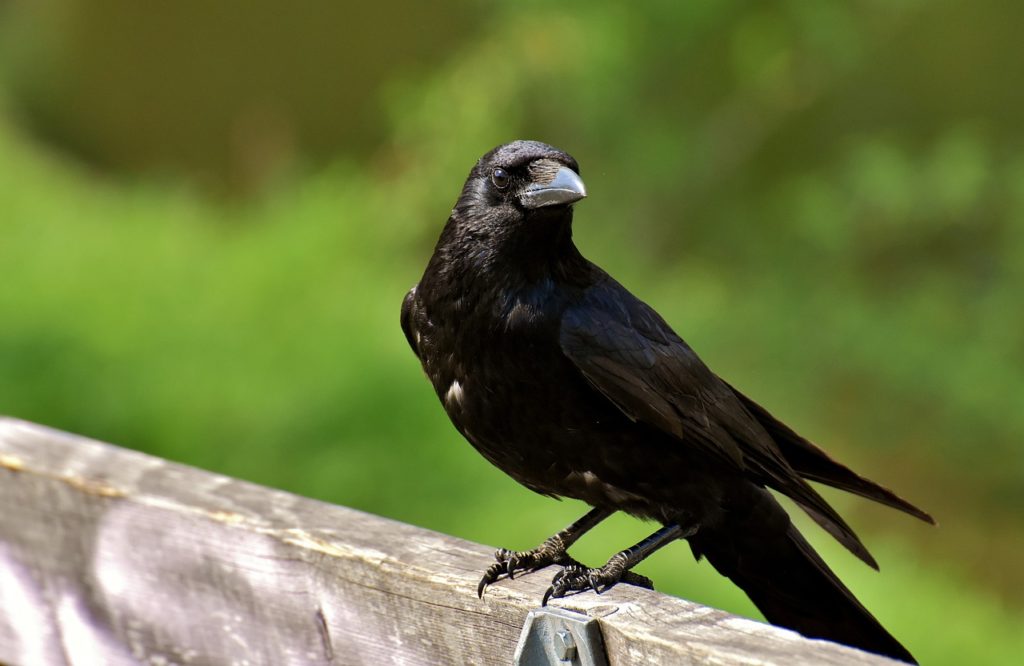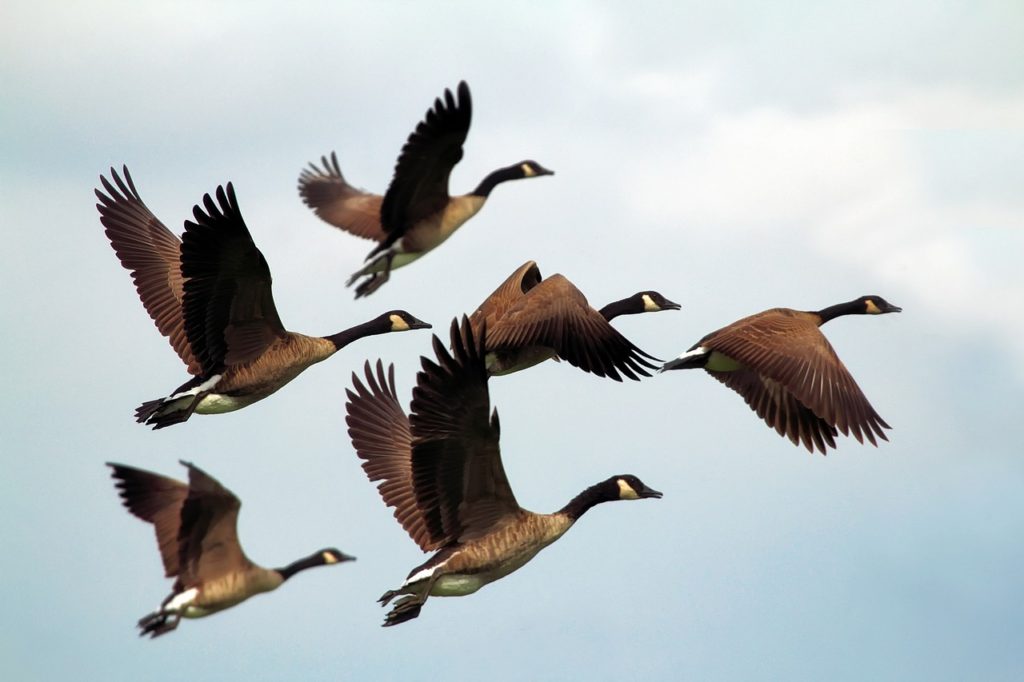
Although geese are clearly birds, there are many individuals who do not necessarily associate them with flying. So, do geese fly? The honest answer is that these waterfowl do. They do not exactly slouch in the flying department, either. Many people are pleasantly surprised to learn that geese are actually remarkably speedy flying birds. There are many things about their flying practices that are quite distinctive and noteworthy, too.
Why Do Geese Fly South?
Many bird species migrate, and geese are certainly no exception to this. There are some geese that fly north for migration purposes. There are others that do the total opposite of that. Geese that reside in northern locations tend to travel particularly far south. These geese skip over their counterparts from more southern parts.
People speculate that the northern birds do this out of the desire to steer clear of battling it out against southern geese for sustenance acquisition. They don’t want to have to deal with southern geese that have long-established strong wintering environments.
Do Geese Fly at Night?
It isn’t unusual at all to spot geese flying during the daytime. They fly during the night in times of migration as well. Migration flying can be quite taxing and stressful on geese. That’s why the birds sometimes fly at night. Night flights enable them to reduce the amount of energy they exert. The evening air is a lot less “hectic,” after all.
Why Do Geese Fly in Formation?
It’s no surprise that flying is an activity that’s tiring. Wing flapping can be fatiguing. Significant levels of flapping contribute to air current updrafts that surround the tips of birds’ wings. If a different goose flies in this zone, he or she can save precious energy.
Minimizing energy consumption gives geese the power to travel much longer. Flying in a V formation is all about practicality. Note, too, that formation flying can boost range considerably. “Independent” flying simply can’t hold a candle to it.
Why Do Geese Honk When They Fly?
Geese that fly in flocks tend to be noisy. They tend to honk a lot. The goal behind this is to motivate the geese that are right in front of them to maintain their speed levels. The honking also is an attempt to stop the flock from separating.
How Fast Do Geese Fly?
Geese are substantial and weighty birds. They have the ability to fly rapidly as well. They can surpass 30 miles per hour with the assistance of their strong wing beats. Geese don’t fly as vultures or eagles do. Vultures and eagles soar. Geese can in many cases fly 1,500 miles throughout the course of a single day.
How High Do Geese Fly?
Geese fly at altitudes that exceed 15,000 feet on a routine basis. There are even species that have been spotted flying as high as 23,000 feet. Geese that travel over the Himalayas in Asia tend to fly especially high in the air.
Why Do Geese Fly So High?
Some people scratch their heads asking themselves why geese often fly so high. High altitudes enable geese to stay far away from predators that may endanger them.
Beyond that, high flying gives geese the chance to take full advantage of meteorological “bonuses” such as mountain updrafts and jet streams. This type of flying can even minimize drag and therefore minimize energy levels that are essential for flight purposes.
How Long Do Geese Fly Without Stopping?
Geese are birds that have a lot of endurance. The creatures can fly from 100 to 200 miles in total without pausing at all. That’s precisely how they can remain in flight mode for numerous hours at a time. Once they pinpoint enticing locales, they rest, consume food, and then continue with their flying journeys.
What Month Do Geese Fly North?
Geese tend to travel to northerly locations during the spring season in the Northern Hemisphere. They do so for migration purposes in April and May. They sometimes even do so at the beginning of June. If you happen to gaze at the blue sky at the end of May or so, you may observe geese flying in their unmistakable and rather conspicuous V formations.
Start Shopping for Birding Supplies!
Crow Symbolism: Everything You Need To Know
Ever wondered why the crow has captured the imagination of so many cultures throughout history? Let's embark on a fascinating journey through the world of crow symbolism, unraveling its mysteries and discovering its significance across various cultures, religions, and...
Creepy Facts About Crows
Crows are highly intelligent birds that have thrived alongside us humans. However, while they are fascinating creatures, at the same time, there are many things about them that many people find quite unsettling. That being said here as some of the most creepy facts...
Why Are Crows So Loud?
As anyone who has heard their loud "caws," can tell you, crows are very noisy birds. In fact, they are considered one of the loudest of all bird species. But why are crows so loud? Read on to find out. The Importance Of Vocalizations Crows use vocalizations to pass on...
Do Crows Remember Faces?
Crows are known for their intelligence. But do crows remember faces? You bet they do! Here's what you'll want to know. Crow Intelligence Crows are brilliant birds. In fact, their level of intelligence is often compared to that of primates. They are so smart that they...
Why Are Crows Black?
American crows are birds with all-black plumage. But why are crows black? Well, there are several reasons. Read on to find out. Bird Color Basics Birds are some of the most colorful creatures on the planet. And they come in an amazing range of colors from white to...
Are All Crows Black?
When it comes to crows, most people are familiar with the image of a sleek-looking solid black bird. But are all crows black? No, they aren't. Here's what you'll want to know. The American Crow Is Not All Crows The American crow is found throughout most of North...
How Long Do Crows Live?
How long do crows live? That's one of the many questions people ask about these familiar all-black birds. Here's what you'll want to know about the lifespan of crows and what affects it. How Long Do Crows Live In The Wild? In the wild American crows have a lifespan of...
Enemies Of Crows
Crows are a common sight in many parts of the world. However, most of us don't realize that these distinctive jet-black birds face a range of threats even when they are in our own backyards. The following are the main enemies of crows. Natural Predators of Crows One...
Predators of Crows
In many places, crows are such a common sight that it can be easy to forget that they actually have many predators. And being "on the menu," for a range of other animals is actually why these birds are so wary. That being said, here is everything you'll want to know...
Are Crows Territorial?
Are crows territorial? The answer is yes. However, just how territorial they are can depend on several factors. Here’s what you’ll need to know. Territoriality In Birds Territoriality is the behavioral trait of defending and maintaining a specific area territory...
What Eats Crows?
Crows are large and highly intelligent birds that eat a wide variety of foods including many other animals. So, what eats crows? Here are the most common crow predators and what you’ll want to know about them. Birds Of Prey The birds of prey are a group of predatory...
Are Crows Friendly?
Crows are commonly seen, and heard, in close proximity to us in our towns and cities. But are crows friendly? The answer may surprise you. Crows Are Highly Social Birds Crows are social birds that live in family groups. And they are well known for forming close bonds...
Do Crows Mate For Life?
Do crows mate for life? Yes, they do. And this behavior is highly advantageous to them. Here's what you'll want to know. How Do Crows Attract A Mate? Crows are social birds; most of the year, they live in small family groups. During the breeding season, however,...
Birds With Talons
All birds have claws. However, only a few types have the scary-looking and dagger-sharp claws called, “talons”. So here are the birds with talons and what you’ll want to know about each of them. What Are Talons? Talons are the claws of a group of predatory birds known...
Birds With Tails
Just like birds themselves, birds’ tails come in a wide range of shapes and sizes. And some tails of course are more interesting and remarkable than others. The following are birds with tails that never fail to impress! Long-Tailed Tit The long-tailed tit, also known...
Birds With White Heads
There's no doubt about it, birds with white heads really stand out. From small to large they are quite a unique bunch. So here are some of the most fascinating white-headed birds and what you'll want to know about them White-Headed Vulture The white-headed vulture is...
Birds That Look Like Flamingos
Flamingos are wading birds with long necks and legs. These social birds live in groups and have strongly hooked downward-facing beaks which they use to feed on shrimp and other small water creatures. And they are famous for their stunning pink color. With such a...
How To Attract Owls To Your Yard
Owls are nocturnal birds of prey that can be extremely helpful when it comes to controlling rodent populations in a natural way. That is of course if you can attract them to your property by creating an owl-friendly habitat. So keep reading to find out how to attract...
Why Would A Swan Be Alone?
It's widely known that swans are incredibly social and romantic creatures, so it can be disconcerting when you encounter a solitary swan. However, there are several reasons why this might be. So why would a swan be alone? Here's what you'll want to know. But first,...
How To Attract Crows To Your Yard
Crows aren’t always pests as many people believe. In fact, these super smart birds can actually help to rid your property of many common backyard and garden pests themselves. So here’s your step-by-step guide on how to attract crows to your yard! Step 1. Create A...
